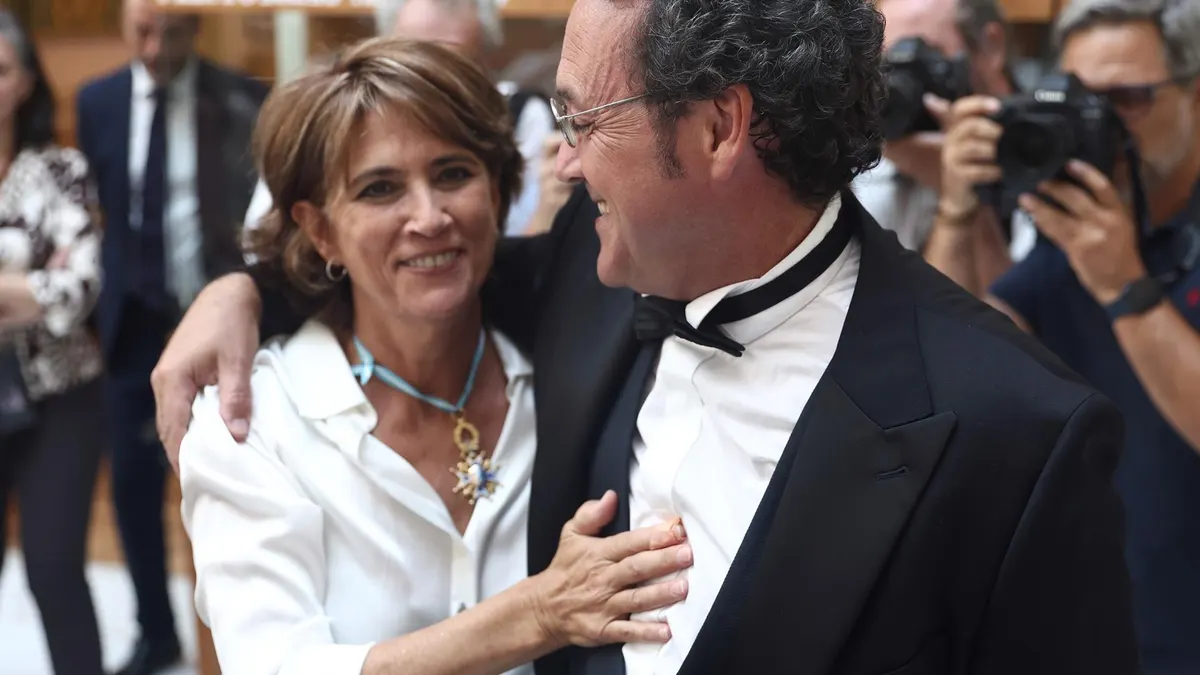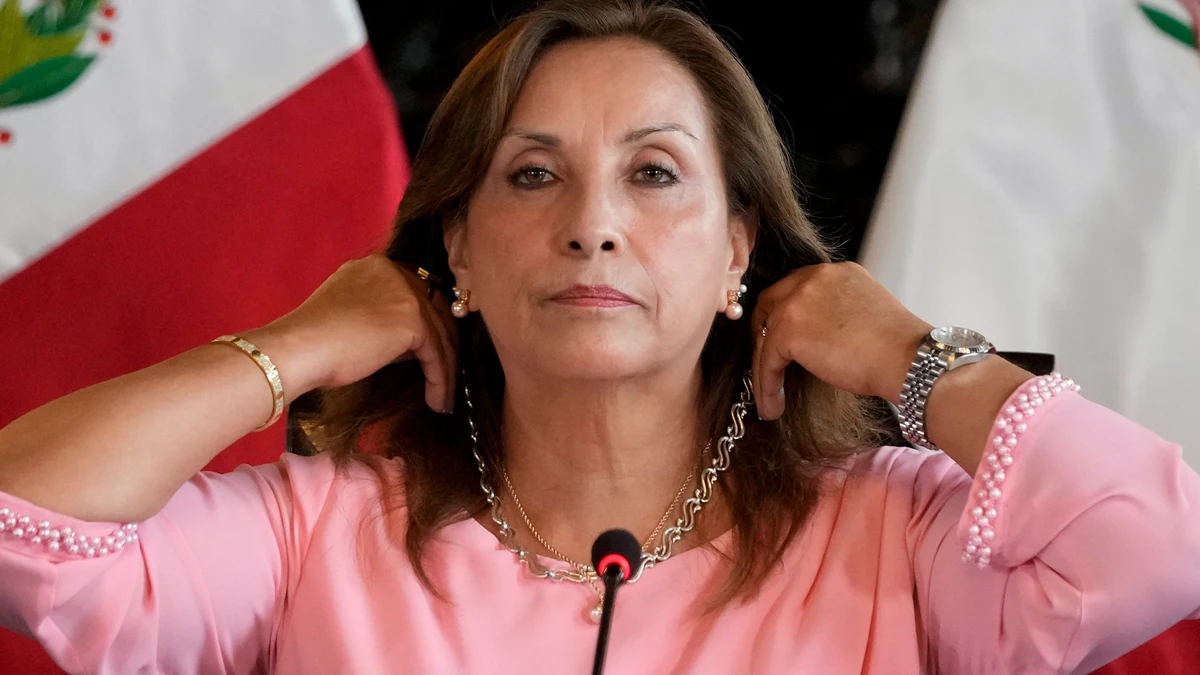Aurora is adopting elements of an Aging in a Changing Region protocol suggested by the Metropolitan Mayors Caucus.
Aldermen on the City Council heard details of the protocol during the Committee of the Whole meeting on Tuesday. Katrina Boatright, the city’s manager of Senior and Disability Services, said Aurora has a good start on programs for its seniors.
“We’ve already put a lot of things in action,” she said. “We have a lot to do, but we’re already on the move.”
Brad Winick, a consultant working with the caucus to help municipalities with the protocol, called a cohort, agreed.
“I have not worked with many municipalities that have done as much as Aurora,” he said.
The Metropolitan Mayors Caucus works with the 275 municipalities in the Chicago region, and Winick said he has done consulting for programs in about 20 cities in Lake, DuPage, Kane, Kendall, Will and Cook counties.
He said Aging in a Changing Region is designed to look “at a big picture” on how to program for a growing, aging community.
Winick’s work in Aurora began with two workshops, one for residents and another for stakeholders from throughout town that provide services for seniors.
As part of the cohort, Aurora will continue with quarterly stakeholder meetings. The city also recently established an Aging-in-Community Advisory Committee – which officials are in the midst of filling – which was another recommendation.
City officials also are establishing an Aging in Place Safety Program, and are discussing a Volunteer Center for seniors.
Boatright said exactly what the Volunteer Center would be is getting “fleshed out,” but both she and Winick said that fighting the social isolation of aging is a key.
Aurora is currently working on designating department staff as aging-in-community point persons, and practicing anti-ageism in municipal communications and behavior, officials said.
Other recommendations in the cohort include establishing working groups for aging-in-community at a neighborhood level; adding informal gathering places for older residents throughout the city; viewing housing issues in part through an aging-in-community lens; and updating the comprehensive plan to include an aging-in-community focus.
slord@tribpub.com




